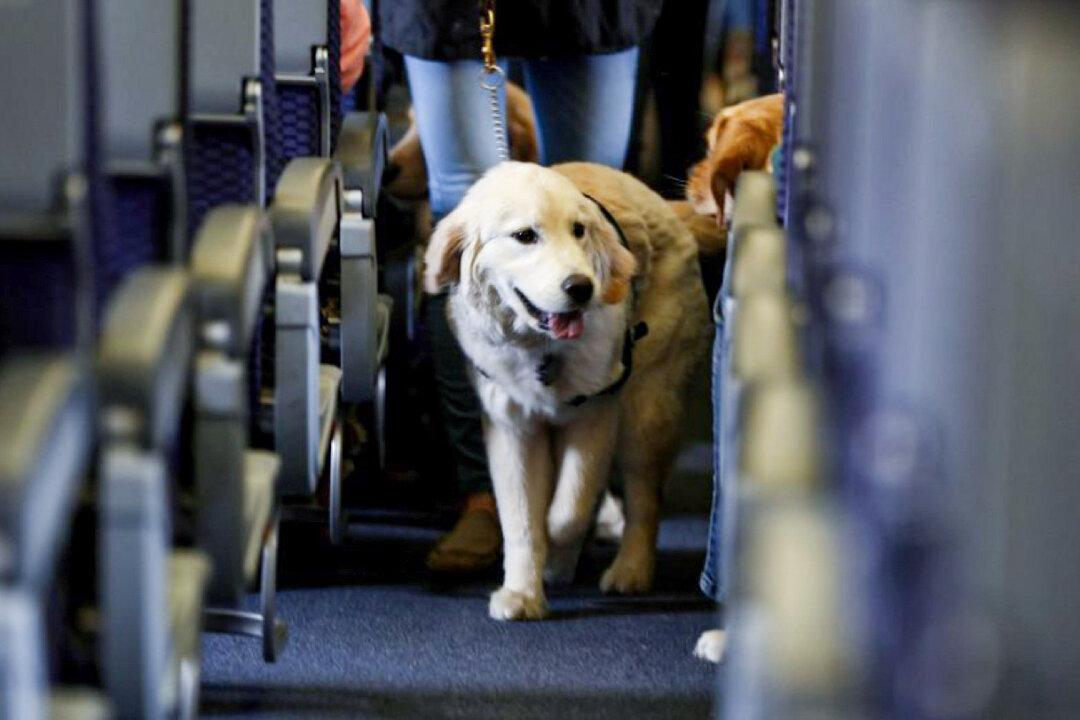The United States is easing its requirements for Canadian canines crossing the border after being harshly criticized by Ottawa, veterinary associations, and the tourism industry.
The U.S. Centers for Disease Control (CDC) previously mandated that people heading stateside with their dogs would need to fill out two forms, including one signed by a veterinarian, as of Aug. 1.





